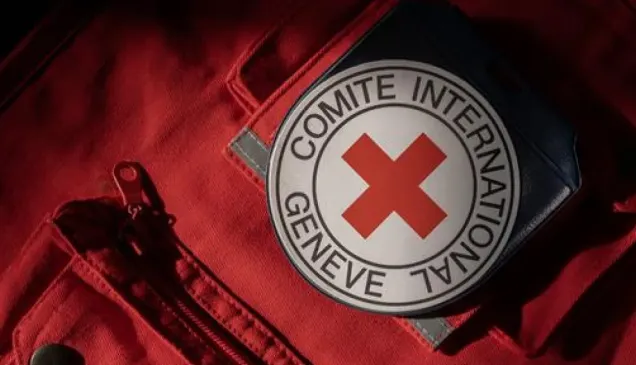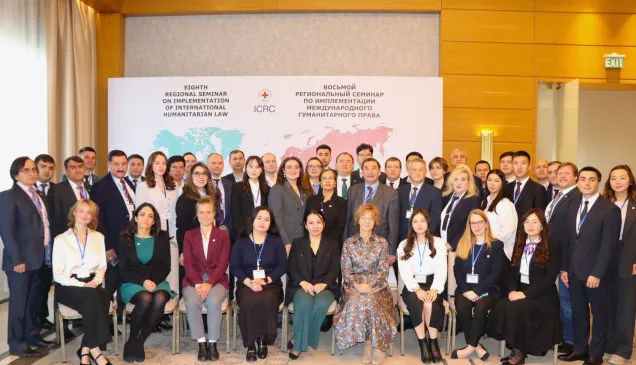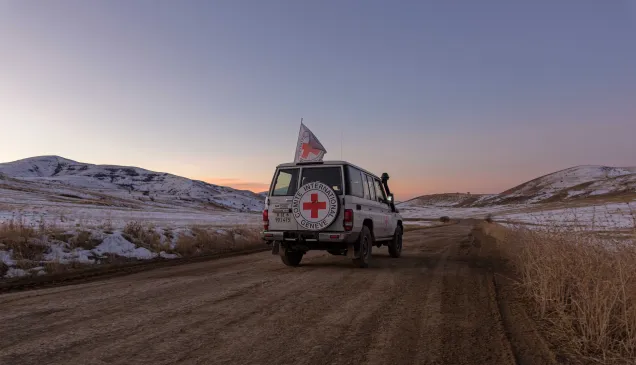Azerbaijan: Family receives remains of missing loved one, honours with a burial after 30 years
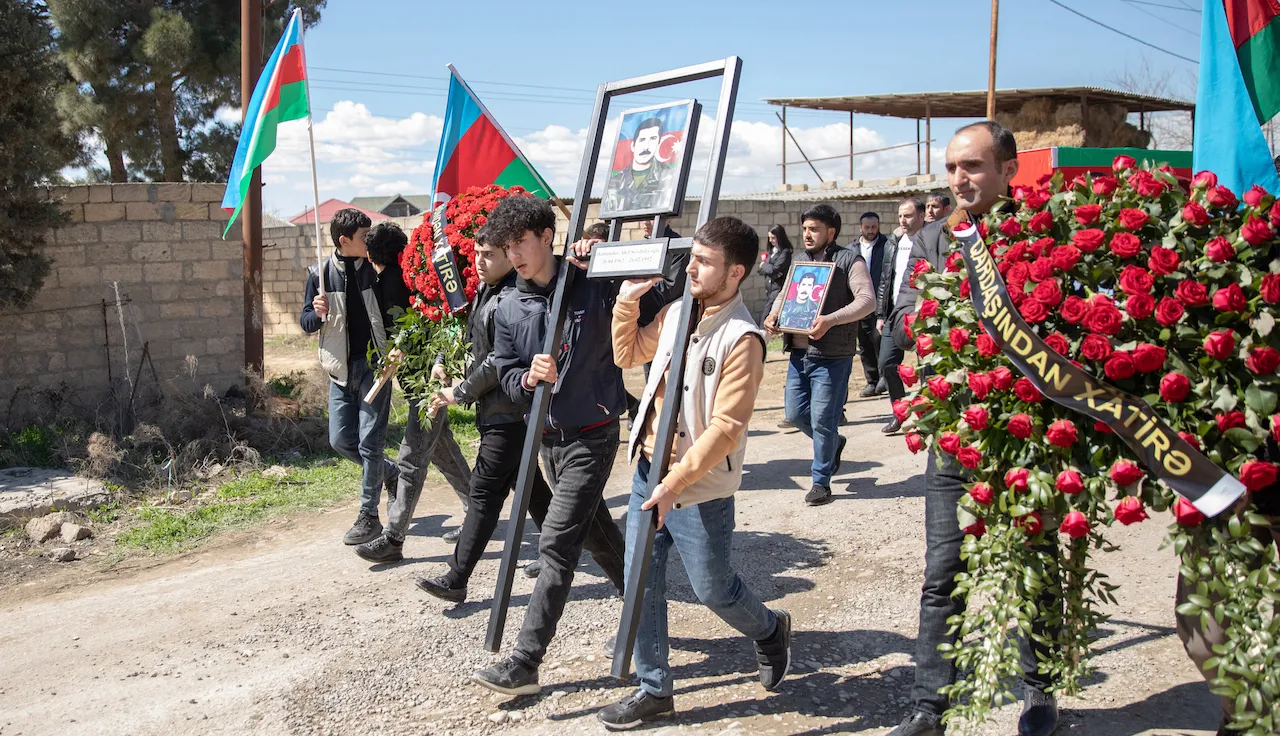
Sitara Mahmudova and her two sons, Nijat and Elchin, waited over 30 years to hear news of their missing husband and father, Akif Mahmudov, who went missing in 1992 in Khojali during the Karabakh war. Akif had joined the army to defend his hometown Khojali and was reported missing. Recently, his remains were identified and handed over to his family through the persistent efforts of the State Commission on Prisoners of War, Hostages and Missing Persons (State Commission) and the technical support of the International Committee of the Red Cross (ICRC).
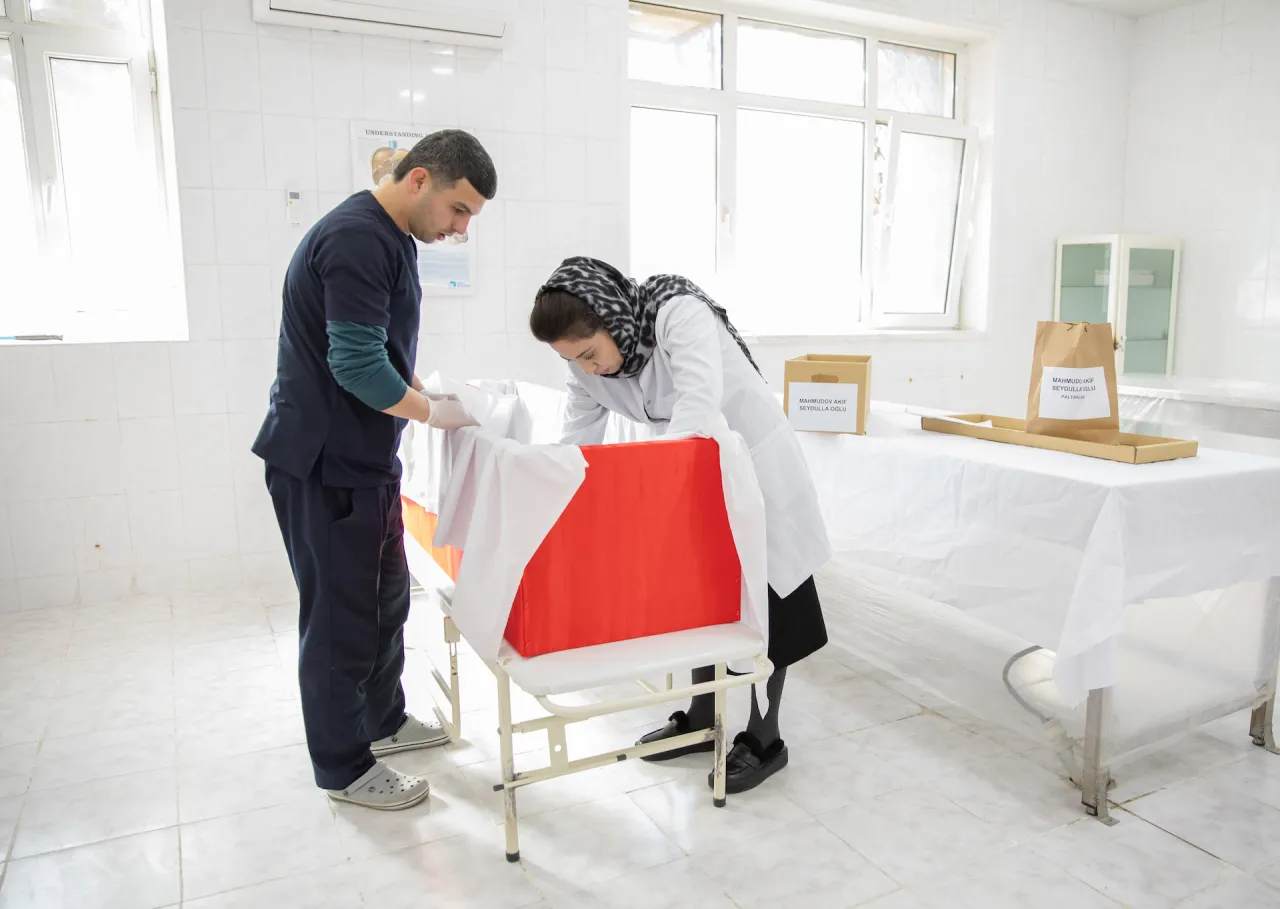
Handing over the remains of a missing person is the final stage of a complex process
This process involves collecting information about a missing person, conducting searches and exhumations, recovering remains and performing forensic examinations. The ICRC has collected around 11,000 biological samples from family members of missing people living in 72 districts across Azerbaijan. We have also conducted extensive training sessions and workshops for experts, both in Azerbaijan and abroad. The ICRC has also been providing the State Commission with critical technical and material support all through the search and recovery processes to help the families of missing people with efficient and effective responses.
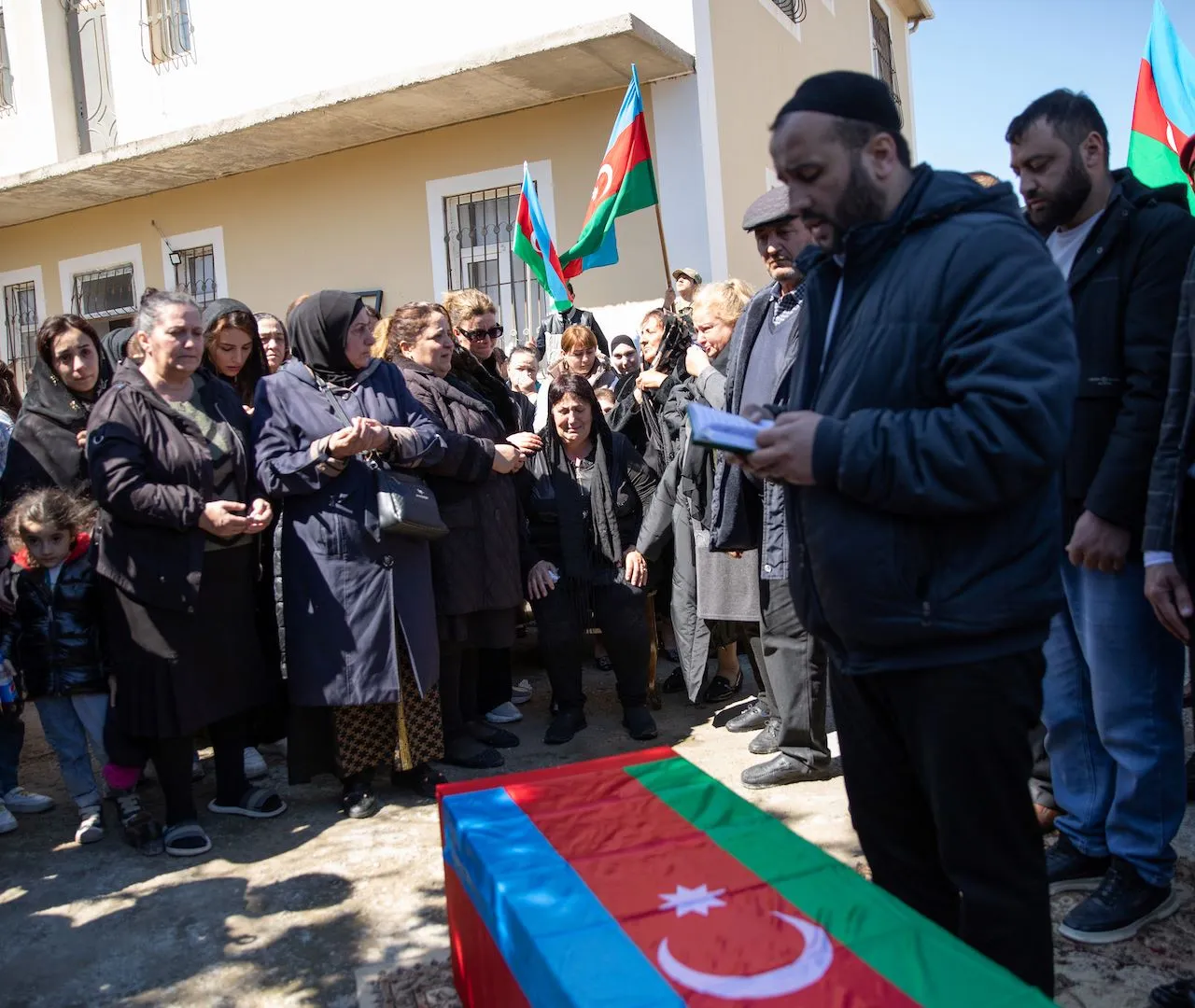
The identification and handing over of Akif’s remains highlight the dedication of local authorities and the ICRC, besides the unwavering strength of his family. After waiting for more than 30 years, Akif’s family finally found comfort in burying his remains recently following their Islamic customs. They also held special ceremonies on the third and fortieth days after his burial to honour Akif and find closure in having followed their traditions.
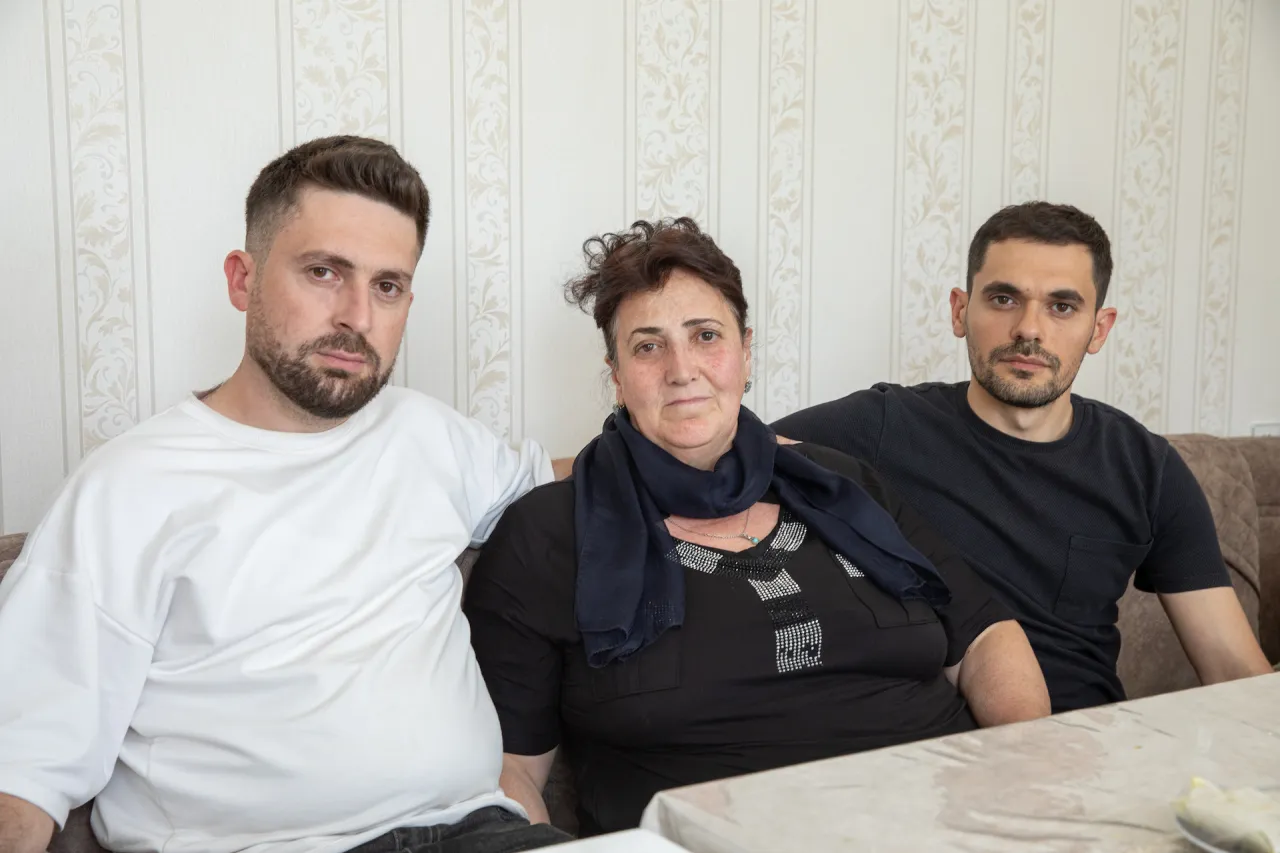
Sitara vividly remembers how the conflict of 1992 violently changed the course of her life. “It was a nightmare; a constant struggle that claimed the lives of my loved ones and left us waiting endlessly for my missing husband,” she says. Elchin, her younger son, was only seven months old when Sitara fled her hometown with her children and took on a harrowing journey to Aghdam district seeking refuge, later making their way to Baku, the capital city.
Sitara says she had to rebuild their shattered lives from the ground up. “I worked tirelessly to put food on the table, clothe my children and provide them with a roof over their heads,” she recalls.
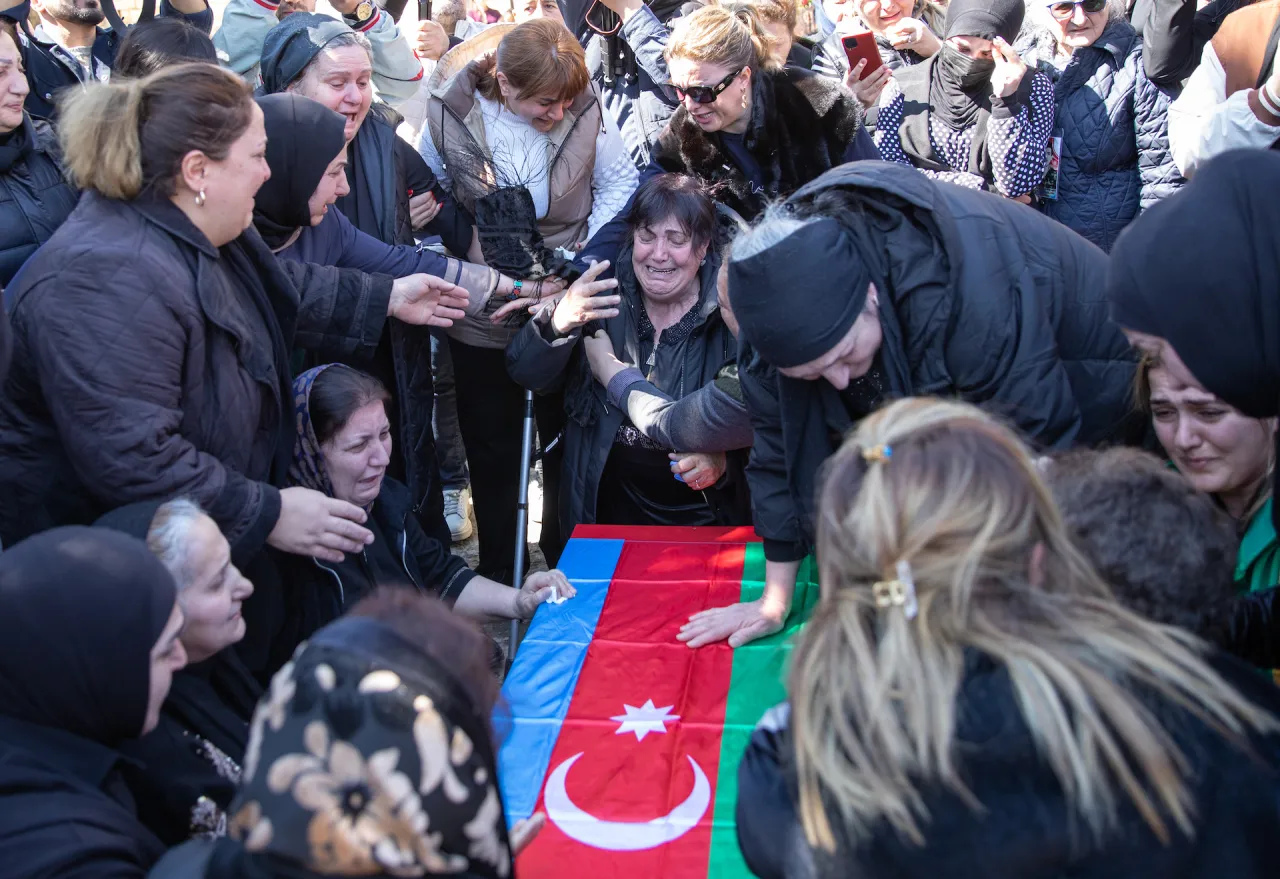
The quest for closure led Sitara and her family to seek help from the ICRC in registering Akif as a missing person. As years turned into decades of waiting, the uncertainty of what had happened to Akif continued to cast a shadow over their lives.

Sitara’s sons, now educated adults who have their own families, are a testament to her indomitable spirit. “I have never known the love of a father, but as a father myself, I am grateful that my children will not endure the same pain,” says Elchin. For Nijat the journey to closure has been one of conflicting emotions. “With the return of our father’s remains, a chapter of uncertainty closes. Though the pain of loss remains, there is solace in knowing that we have finally laid him to rest and we have a place to go and pray for his soul,” he says.

As they say goodbye to uncertainty, Sitara and her sons stand strong, showing how people can overcome tough times with resilience.

